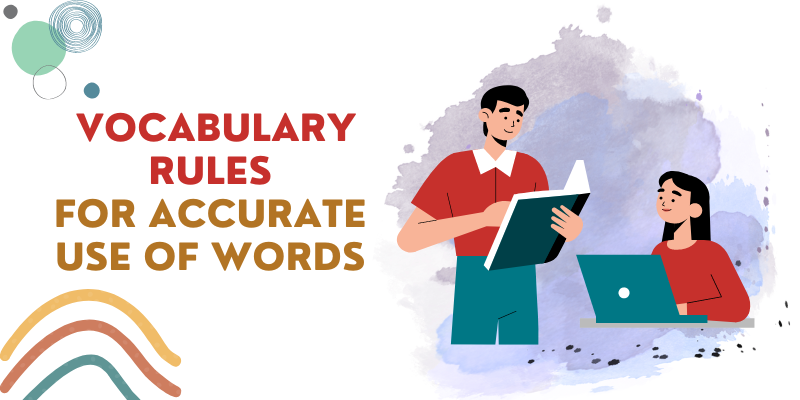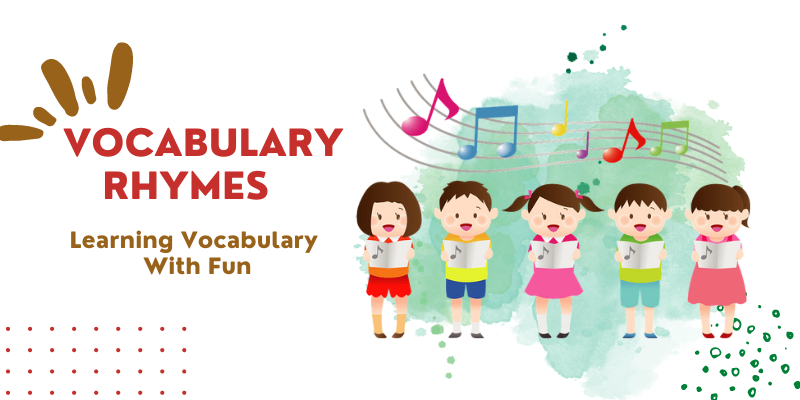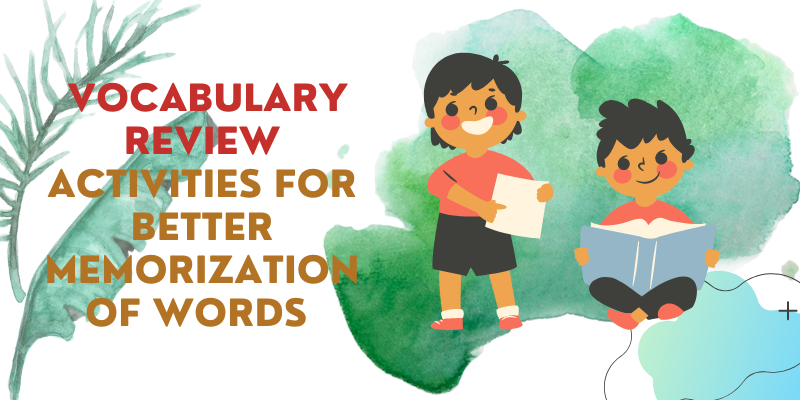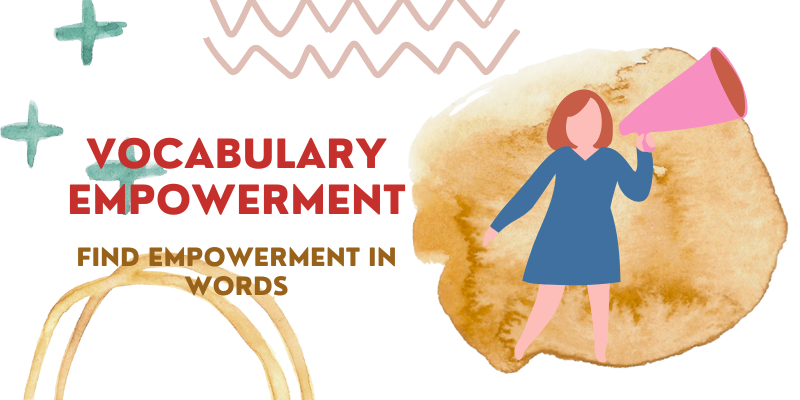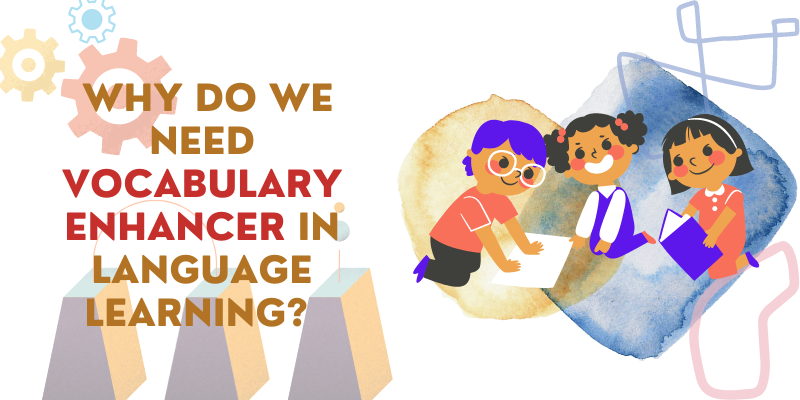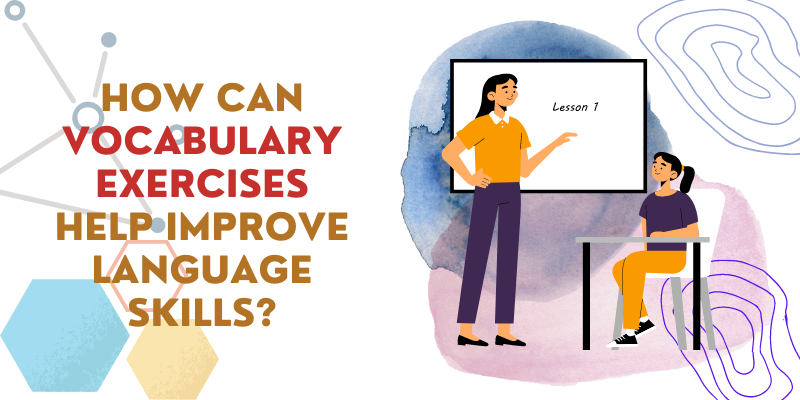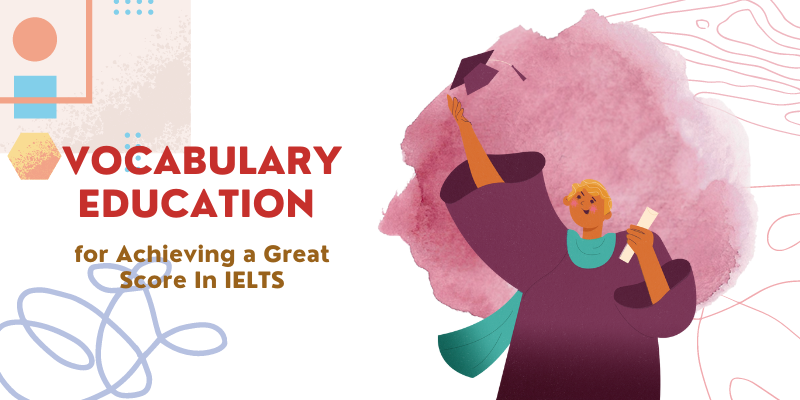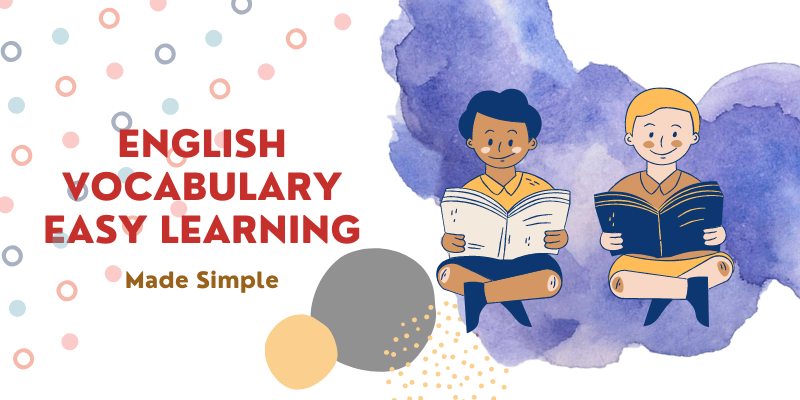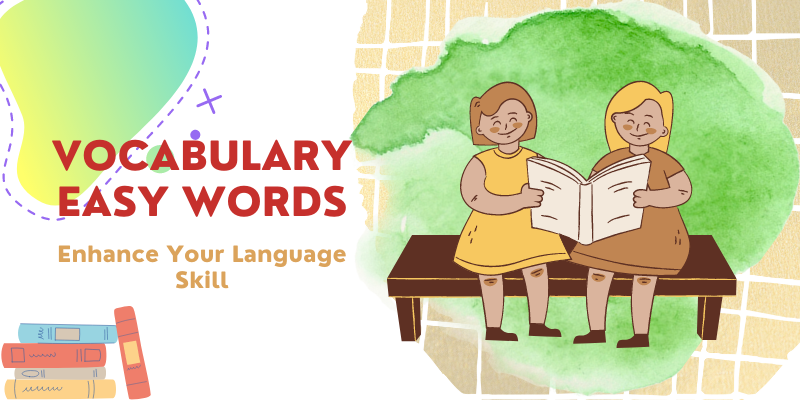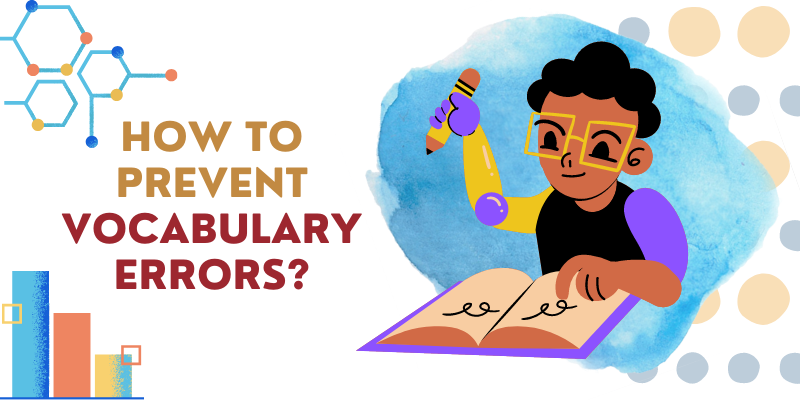Having an impressive vocabulary is mandatory to be fluent in a language. You must be using all possible ways to learn new words every day- from reading books to maintaining word lists with meaning and revising them regularly. But what about vocabulary rules? Are you learning them too?
Vocabulary rules refer to rules about the correct use of words to build a meaningful sentence. Using vocabulary words properly in your speech or writing is part of vocabulary learning. There is no point in learning new words if you cannot use them. And you cannot do it only with your vocabulary knowledge.
You need to learn some basic grammar rules along with new vocabulary words. Knowledge of sentence structures, parts of speech, prefixes and suffixes etc. is immensely helpful in improving your active vocabulary.
In this article, we will discuss simple vocabulary rules that are easy to remember with examples. We will also provide tips on how to utilize them.
So, let’s get started!
How Does Grammar Help With Vocabulary Learning?
Let’s talk about how basic vocabulary rules will help you in language learning. According to Wilkins, “Without grammar very little can be conveyed, without vocabulary, nothing can be conveyed”.
This indicates that vocabulary undoubtedly is the most important part of language learning, but without grammar, the knowledge can hardly be useful. You may know thousands of words and their meanings, but can you make a meaningful sentence with just that knowledge? You may place one word after another, but in that order, correct? How do you determine that? This is where vocabulary rules come from.
The necessity of grammar in language learning has been a matter of argument for decades. People argue that native speakers don’t need grammar rules to speak in English, which is absolutely right. Do kids learn thousands of grammar rules before they start to speak? Or what about native speakers? Do they take years of grammar lessons to be able to speak?
The answer is no. They learn the language by listening to their parents and the people around them. They understand the sentence structure subconsciously. But unless you grew up in an English-speaking environment, you cannot learn English the way native speakers do.
Even native speakers without grammar knowledge struggle with writing, especially formal writing because vocabulary rules are flexible for speaking only. People usually have high expectations from the written form of communication. You need profound grammatical knowledge to master the language in all aspects.
The biggest contribution of grammar in a language is that it aids in the comprehension skill of a person. It ensures effective communication by setting rules that help us share information with accurate context. Here’s how:
Sentence Structure
If you are learning English as a second language, you must learn grammar to understand the difference in sentence structure between your first and second language. This is the basic part of language learning.
Consider the simplest grammar rule in English: Subject will be at the beginning, then verb, and object at last. Now, some languages have a different structure, for example, Bengali where the verb is placed after the object. If a Bengali ESL student doesn’t know about the difference beforehand, they might say ‘I rice eat’ instead of ‘I eat rice’.
If the simplest case can be this confusing, think about the struggle they might face when producing sentences with more complex structures.
Learn how to create a vocabulary rubric middle school with some simple steps and methods.
Various Use Of Words
You know the word ‘run’, but do you know that in some cases, you need to add ‘-ing’ at the end? Do you know that the spelling and pronunciation of this word change according to tense?
Almost every language has certain conjugation of verbs, and it is mandatory to learn about them. When you are learning English, you must learn about tense, or you cannot express when the event you are talking about took place.
Learning about parts of speech is also important. Do you know that ‘running’ can also be used as a noun? Do you know the difference between ‘agree with’, ‘agree to’ and ‘agree on’? Also, we know that most of the time, adverbs are made by adding ‘-ly’ at the end of the word. Does that work for ‘fast’ too? What are the other words like that?
In-Depth Understanding Of Words
The main reason for learning a language is to be able to use it properly and there is no alternative to in-depth knowledge about grammar, at least basic grammar.
Have you ever searched for effective ways to vocabulary learning? Then you must have been suggested to actively use the words you learn. It is often recommended that instead of learning the word only, try to learn a sentence containing the word. That way, you can have a better understanding of the word. And then with your grammar skill, you will be able to make proper sentences with the word. Learning words using this approach reduces the possibility to forget the word.
Without grammar, you cannot use the words properly and without vocabulary, you cannot understand how the rules work. You will not have enough resources, to begin with. This is why most teachers recommend learning grammar and vocabulary side by side. That way, you can ensure the smooth progress of your skills.
Roots, Prefixes, And Suffixes
Vocabulary rules also include lessons about word roots, prefixes, and suffixes. These are helpful to understanding the meaning of words, even the meaning of the words that you didn’t see before. So, learning vocabulary rules eventually helps you learn more words and have a rich vocabulary.
These lessons can help you categorize your words and word lists for faster memorization. They also help understand if there is any anomaly in word patterns.
How Many Vocabulary Rules Do I Need To Know?
Have you ever wondered how many grammar rules in English there are? Well, it is not possible to determine an exact figure. According to experts, it might be anywhere between 500 and 10,000! Some even claim that we need to know around 3,500 grammar rules for daily life use.
So, do you actually need to learn that many rules to be able to express yourself in English? Of course not. It is difficult to remember even around 100 rules let alone this enormous amount. Many suggested that you might need less than 50 grammar rules to know to hold a pleasant conversation.
Another thing you need to understand is that it is impossible to think about grammatical accuracy and speak fluently at the same time. That is why learning all the rules will not be of much help. We need to learn just as much as we need to improve the quality of our speech or writing.
A Few Things To Remember
Effective vocabulary rules learning takes time and hard work. You must be diligent if you want to see some real progress. Below are a few things to consider before you start learning:
Planned Lessons
The lesson plans must be structured and have appropriate materials. It is best to follow your school curriculum because they are properly structured to ensure overall improvement. Also, you can find several programs outside school- online and offline. But before choosing one, check other people’s opinions about the program. You can find reviews online. For offline classes, ask the students about their improvement.
Find some root words for kids in this guide on vocabulary root words.
Avoid Mixing
Many parents try to mix lessons from several courses thinking the children will learn faster but it actually works oppositely. Each course plan has its own pace and patterns. Mixing them up will only confuse the student and they might miss some important information in this process.
If you choose a program, stick to it for at least a year. If the progress of your child is not satisfactory, change the program. Make sure the new program helps them recover the things they missed in the previous program.
Regular Evaluation
You must evaluate your grammar knowledge regularly, otherwise, they will be forgotten easily.
SpellQuiz can be your friend in this case. SpellQuiz Spelling Test uses audio clips containing a full sentence and the participant needs to write it with accurate spelling after listening. You can listen to the clip as many times as you want. The audio clip first plays at normal speed and then at a slower pace so that you have no problem understanding the words. SpellQuiz Vocabulary Test also involves the same technique.
The biggest advantage of this approach is that along with your spelling and vocabulary skills, they also evaluate your grammar skill. You can learn which word is placed after which word from these clips. Also, you can use your vocabulary rules knowledge to predict a part you didn’t understand.
Consider there is an audio clip containing the sentence “A narrow hallway ran across the back of the upstairs, leading to the bedrooms”. It is quite a long sentence, and it is possible to get lost somewhere in the middle. In this case, you can use grammar rules to predict the part you forgot. For example, you heard ‘back’ and ‘upstairs’ but forgot the words between them. You can predict that it must be saying back ‘of the’ upstairs if you have enough knowledge on prepositions.
SpellQuiz Quizzes are an interesting approach for evaluation. There are several quizzes about word roots, grammar rules etc. Through these fun quizzes, you can have a deeper understanding of language and vocabulary rules to improve your language skill. Also, don’t forget to check SpellQuiz Blogs for more fun ideas to apply in language learning.
Happy learning!
